This book chapter advances SDGs 2, 12, and 15 by explaining how those engaged in agriculture must begin to examine and expand agriculture’s ethical horizon—the full range or widest limit of our perception, interest, appreciation, knowledge, and experience. It is necessary to explore agriculture’s intellectual horizon, because our unexamined, ethical position, may limit what agriculture’s ethical horizon defines. This book will encourage those involved in all phases of the agricultural enterprise to initiate and continue discussion of agriculture’s ethical foundation.
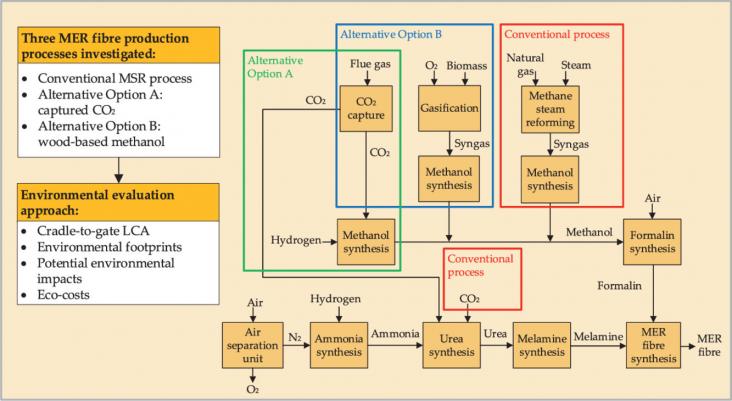
This paper explores the potential for sustainable Melamine Etherified Resin (MER) fibre production, where all the required feedstocks could be from either renewable or waste origin.
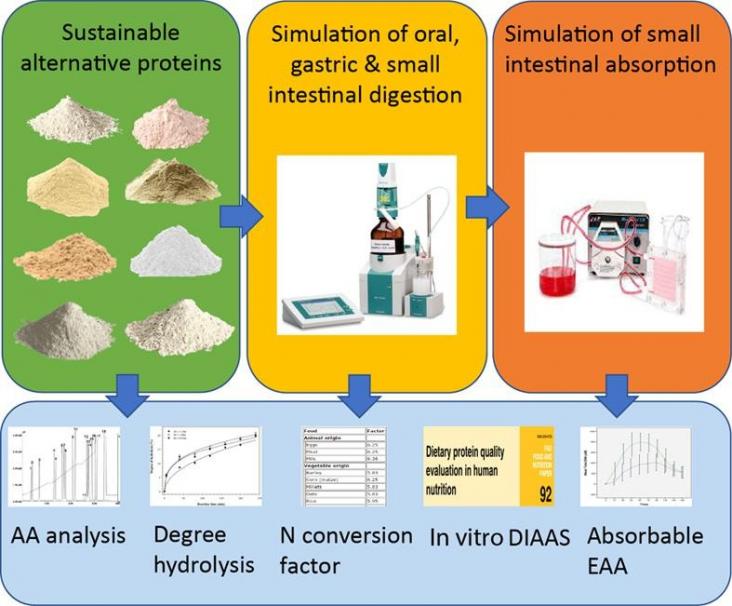
We studied several sustainable alternative protein concentrates and a whey protein concentrate as reference, to determine their protein composition, digestibility and quality using the harmonized INFO
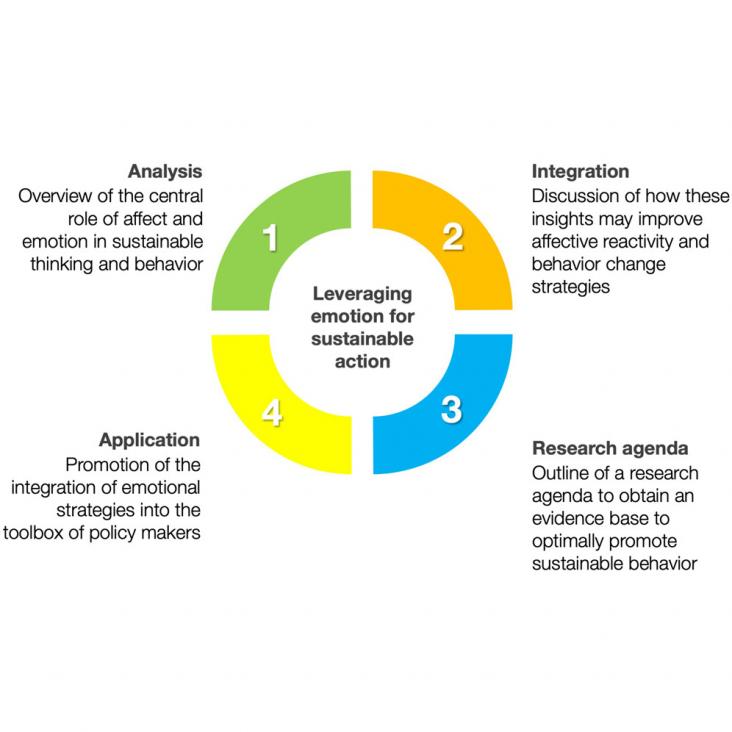
Behavioral science approaches to promoting sustainable action have mainly focused on cognitive processes, whereas the role of emotions has received comparably little attention.
In an explorative, cross-cultural survey, we assessed the underlying cultural concepts of meat, evaluated consumer readiness in four groups of study participants from China (20), India (20), Colombia
To feed the world's growing population in the future, there must be a protein transition from animal-based to more sustainable, plant-based sources.
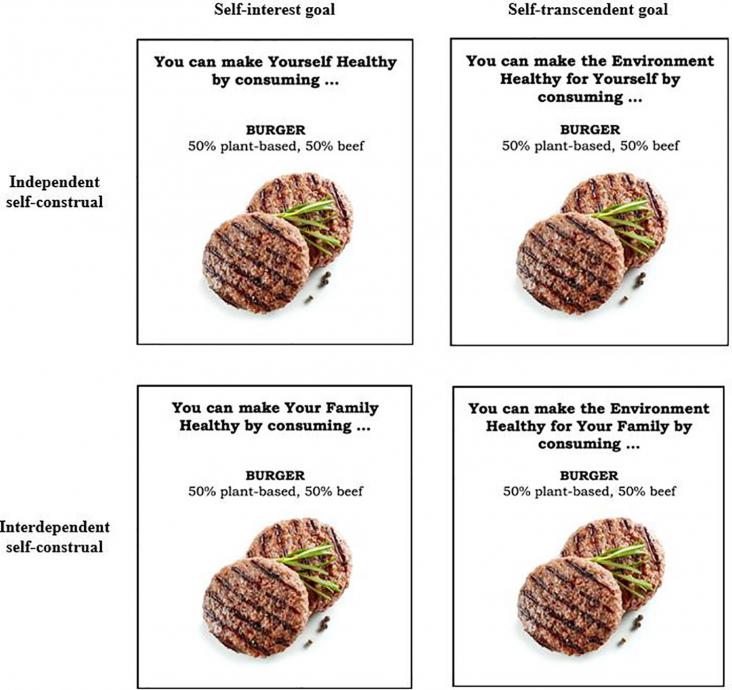
Transition towards more sustainable diets is imminent and marketers are looking for guidance on type of the advertising appeal that could effectively persuade consumers to buy products that could supp
Studies on the drivers of household consumer engagement in various food waste reduction strategies have been limited.
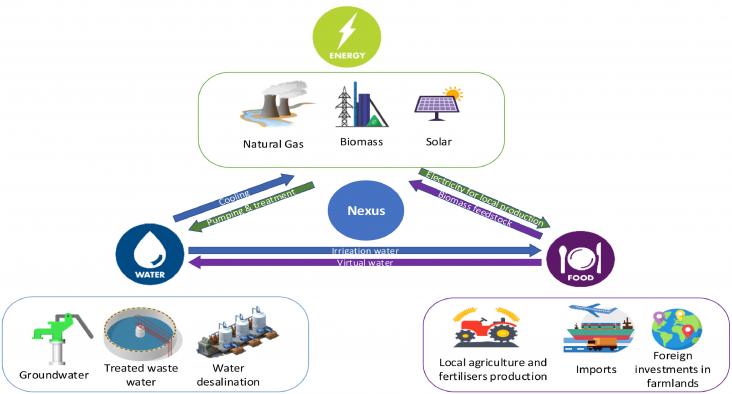
Efficient resource management and the development of resilient societies begins with an accurate identification of strengths and weaknesses of systems involved.
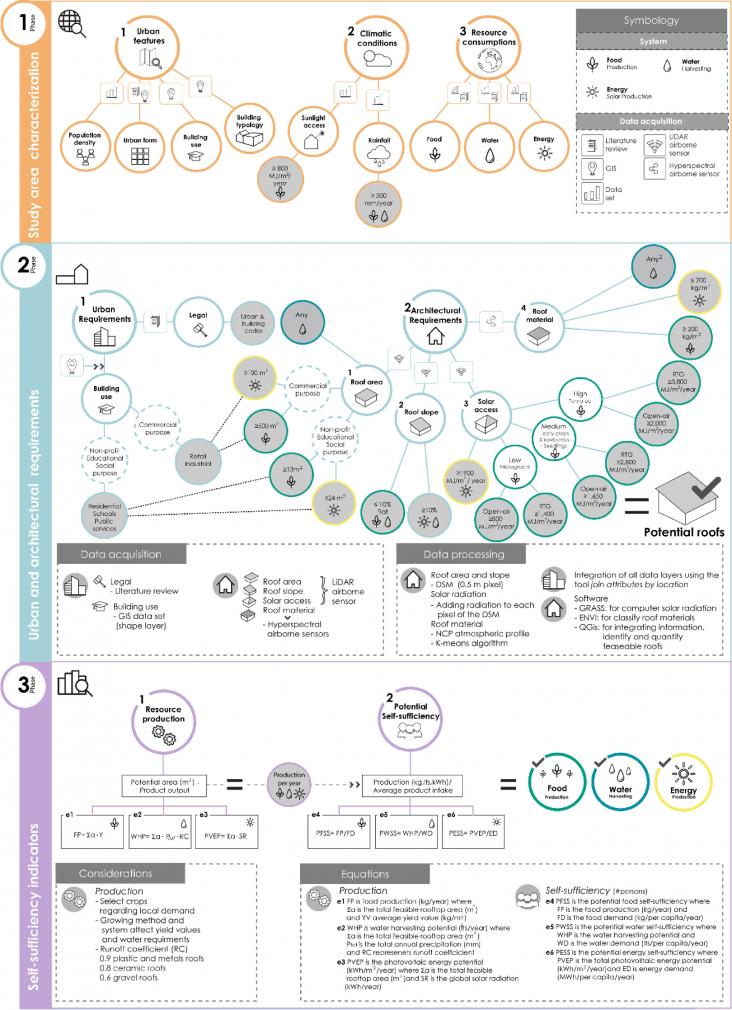
This work established a framework to identify and analyze the technical feasibility of roofs for integrating urban agriculture, rainwater harvesting, and photovoltaic systems using various remote sens
